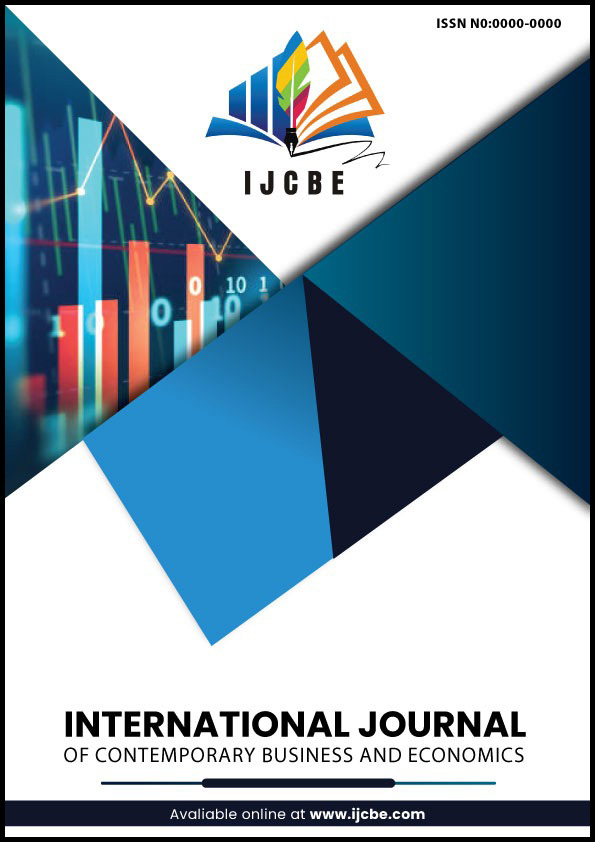How Behavioral Finance Impacts Investor Decision-Making: an Empirical Study of the Pakistan Stock Exchange
DOI:
https://doi.org/10.61338/ijcbe.v1i02.19Keywords:
Behavioral finance, Investment decision-making, Stock market, Pakistan, Karachi Stock ExchangeAbstract
This research intended to explore the impact of behavioral finance on investor decision making within Pakistan stock exchange (PSX). A Quantitative explanatory research was used. Data was collected using convenience sampling from retail investors from a representative sample. 412 filled questionnaires were used for the analysis. Data was tested through Smart PLS that is an application that runs using structure equation modeling (SEM). In broad terms, our empirical findings suggest that an excessive risk-taking culture can be a source of financial instability. Our findings suggest that financial behavioral biases such as, herd mentality, overconfidence and loss aversion that significantly affect investor decision-making in the stock market have practical implications for market practitioners and policy makers suggesting the need for better understanding of investor behavior and strategies to promote more rational share pricing in the stock market. In recognizing and dealing with these biases, market participants’ individual investment decisions could potentially be enhanced and in resolving market inefficiencies, these biases could be their mitigation.









